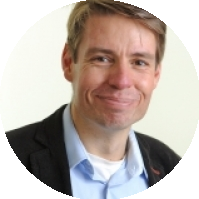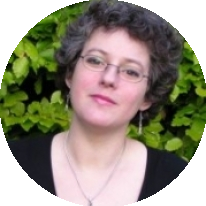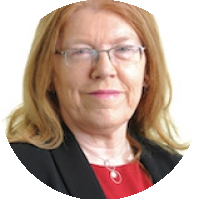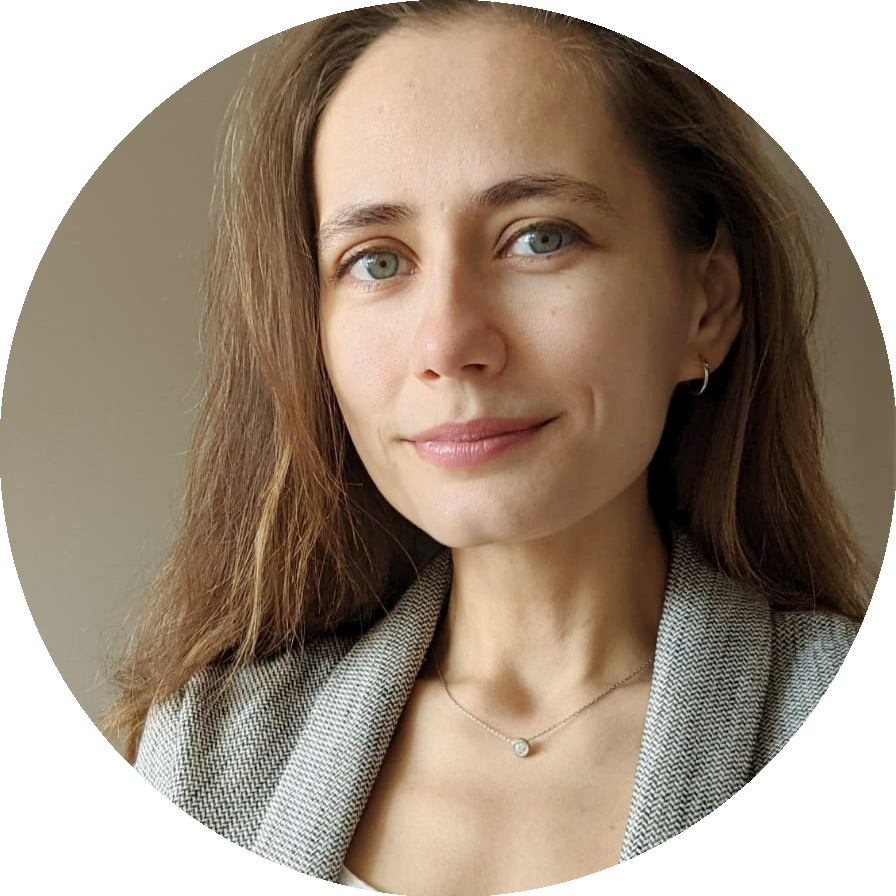Establishing modern methods for online open worldwide learning to be accessed by those who need it most.
Overview
Learning in the 21st century is undergoing both subtle and radical transformation as a result of the impact of digital, innovative, network technologies. Open learning gives unprecedented access to educational information, providing support to learners worldwide. However, it is not the technologies themselves that represent the biggest change, but the opportunities for access to formal and informal learning.
This project aims to identify changes in open learning which may exclude, rather than include those who would most benefit. Despite enhancements in innovative and digital technologies, the main challenges to open learning are access-related. Many who are likely to complete free, online courses tend to be qualified to degree level already. This highlights how open learning is in danger of increasing the digital divide by privileging those with the appropriate digital and learning skills to best take advantage of it. It is this issue that the Open World Learning (OWL) programme will address, supporting 15 Leverhulme Trust Doctoral Scholarships funded by the Leverhulme Trust and 3 funded by The Open University.
Prof Bart Rienties, Programme Lead for the open world learning programme, describes the research area as follows:
"Open world learning seeks to understand access to education, structures, and the presence of dialogue and support systems. It explores how the application of open world and educational technologies can be used to create opportunities for open and high-quality education."
This project is also aligned to the Learning Analytics and Learning Design research programme in IET.
The role of IET
The funding of the Open World Learning project by Leverhulme will leave a legacy in four different ways. Firstly, the concerted efforts of a programme of research conducted by 18 students will make an important contribution to the understanding of Open World Learning in terms of learning and knowledge, to the identification of the challenges connected with this and their solutions. It will help us to find out what role technology plays in learning in an open world, and what the possible responses are to these challenges.
Secondly, the staff and student experience gained in five years of Leverhulme foundered cross-faculty working to support 18 students tackle interdisciplinary research will leave a legacy of valuable experience in constructing and working in interdisciplinary teams to think creatively and solve problems. These working practices are needed to tackle the interlinked, complex problems of the 21st century. One of the strengths of The Open University is the availability of unique laboratory facilities, such as our Jennie Lee Research laboratories, for studying and recording remote and on-site participants. These facilities will be upgraded to ensure world leading capabilities in applications such as eye-tracking and multi-angle digital recording.
Thirdly, the resources placed alongside the Leverhulme grant by the OU will fund studentships for three students from lower and middle income countries (e.g. India, Bangladesh, Ghana). This will broaden the experience of the cohort each year as well as the reach of the research programme to include geographical areas where the challenges around open learning are greatly augmented.
Finally, there will be a direct legacy of the scheme in the contribution of a total of 18 trained researchers to UK capability in researching the complex and interdisciplinary topic of openness, graduating as agents of change in an increasingly dynamic education landscape. They will also be able to multiply the impact of the OWL programme by training the next generation of researchers.
Impact
While the project ended in 2021, a tremendous amount of impact has already been achieved. A mix of engaging and contemporary themes is present amongst the 18 Leverhulme scholars: accessibility in MOOCs, educators’ roles in MOOCs, the role of emotions in online learning, how teachers’ learning designs can be better understood with learning analytics, providing technology to Syrian refugee children, providing children in Africa with Technology in open spaces, supporting non-native speakers in English via Facebook, how financial specialists are dealing with uncertainty due to Brexit, understanding how people learn from historical games, and how children learn science from digital stories, and how children and parents learn with iPADs.
In total the 18 Leverhulme scholars have thus far published 120+ journal and conference papers (examples include Computers & Education, International Journal of Computer-Assisted Language Learning and Teaching, Journal of Computing in Higher Education, Journal of Interactive Media in Education, and Journal of Accessibility and Design for All), presented at 160+ conferences, and in addition attended 75+ conferences as participant.
Two scholars (Garron Hillaire, Francisco Iniesto) of the first cohort have also organised a special issue in Journal of Interactive Media in Education on Doctoral Research: Learning in an Open World, which included 10 articles from 14 PhD students.
On 9th February 2022, the Institute of Educational Technology (IET) at The Open University (OU) hosted the Open World Learning knowledge exchange showcase, an online open event sharing ground-breaking research in the field of open world learning. This showcase presents research from a cohort of world-leading experts who have completed the OU and Leverhulme Trust’s Open World Learning programme, a funded programme which has facilitated a foundation of research the field of open learning, addressing barriers to access globally.
- The following video of the event introduces the achievements made as a part of the programme, along with a panel discussion considering the global challenges in relation to open world learning. View the recording here.
- This recording presents a roundtable discussion, chaired by Professor Denise Whitelock, Director of IET, with Open World Learning Scholars who will reflect on their studies and motivations for future research, with comments from academic leads at the OU’s Institute of Educational Technology. View the recording here.
The panellists who attended the seminar include:
- Prof Eileen Scanlon, Regius Professor of Open Education at The Open University
- Prof Bart Rienties, Professor of Learning Analytics at The Open University
- Prof Regine Hampel, Professor of Open and Distance Language Learning at The Open University
- Dr Garron Hillaire, PhD research scholar of the Open World Learning programme
- Dr Saman Rizvi, PhD research scholar of the Open World Learning programme
People
-
GA
George Alain
-
PA
Popi Anastasiou
-
SB
Sian Beavers
-
VC
Vasudha Chaudhari
-
SC
Shi-Min Chua
-
JH
Johanna Hall
-
GH
Garron Hillaire
-
PM
Prof Patrick McAndrew
-
KM
Khadija Mohamud
-
QN
Quan Nguyen
-
PS
Pinsuda Srisontisuk



